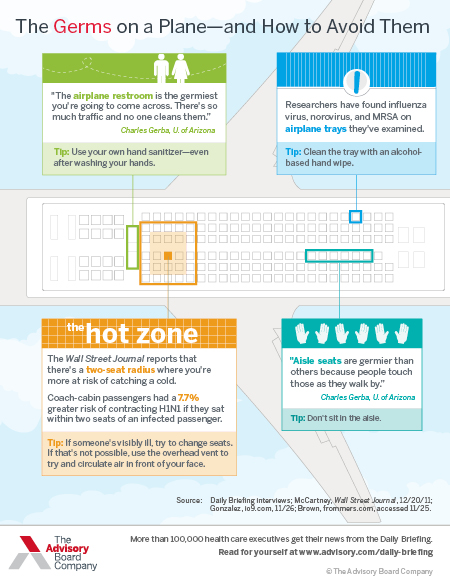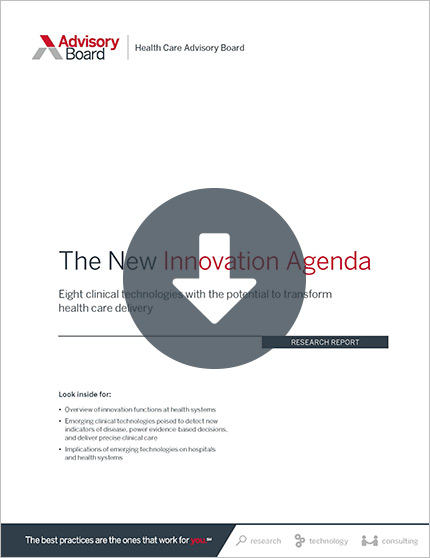Auto logout in seconds.
Continue LogoutLeeches are frequently used after certain surgeries to help repair a patient's wound, but they're leading some patients to develop antibiotic-resistant infections, as detailed in a new paper published in mBio.
How leeches are used in modern-day medicine
Leeches get a bad rap in modern-day medicine. They're often associated with hucksters who, in centuries past, promised—with little evidence—that leeches could treat everything from anemia to asthma.
The current state of hospital antibiotic stewardship
But in recent decades, doctors have found a legitimate, evidence-backed use for medical leeches. Such leeches are applied to patients who've undergone certain surgeries, such as skin grafts, that can lead to a pooling of blood inside delicate tissue. The leeches, which have been starved for months, are placed within a patient's wound, where they suck out the patient's blood, reducing the swelling and giving the surrounding tissue a chance to heal.
Only two companies are approved by FDA to sell medical leeches in the United States: Rimcarimpex, based in France, which estimates that it ships about 80,000 leeches to the United States each year, and Biopharm Leeches, which estimates that it ships about 20,000 leeches per year to the United States.
If applying a leech to a bleeding wound sounds potentially unsanitary—well, you're not wrong. So, to prevent infection, doctors often prescribe a course of ciprofloxacin, an antibiotic, before leeches are administered to a patient.
For years, Cipro did its job admirably. But in 2012, doctors around the world reported the emergence of a mysterious phenomenon: Patients from California, Iowa, Missouri, and even France had developed an antibiotic-resistant infection after being treated with leeches.
Somehow, it seemed, the bacteria in the leeches' guts had developed antibiotic resistance—and they had passed along those bacteria to patients. But why on earth would leech bacteria suddenly be resistant to antibiotics?
How three researchers solved the mystery
To solve the medical mystery, Bradley Ford, the director of microbiology at the University of Iowa Hospitals and Clinics, teamed up with Joerg Graf, associate professor of molecular and cell biology at the University of Connecticut, and with PhD student Lidia Beka.
The team sent out a request for bacteria samples from medical leeches that doctors had used across the prior several years. They received mailed-in samples isolated from pus or surgical instruments used on leech-therapy patients in California, France, and Missouri.
When the researchers sequenced the DNA of the leeches, they discovered a distinctive historical pattern: "In 2013 and 2014, in four different shipments, 95% of the strains had this resistance marker" for ciprofloxacin antibiotic resistance, said Graf. By comparison, in the samples collected several years earlier, the rate of resistance was less than 1%.
So how had antibiotic resistance emerged inside a leech's gut? It turned out the leeches from later years had tiny traces of cipro in their stomachs, as well as small amounts of enrofloxacin, a veterinary drug that becomes cipro after its metabolized.
But that just raised another mystery: How had enrofloxacin, a drug intended for treating animals, wound up inside the guts of leeches?
Graf has a theory: "In Europe, there was the fear, after bovine spongiform encephalopathy … that it was dangerous to give cattle blood to leeches, so in Germany they switched to using horse blood, and in France they probably switched to poultry blood," said Graf.
"And enrofloxacin," he said, "is approved for veterinary use in poultry."
Takeaways for providers
The good news is that, as far as public health menaces go, antibiotic-resistant leech bacteria rank pretty low on the list. Paul Walker, a surgeon at Loma Linda University Health in California, said the concern hasn't prevented him from using leeches. Instead, he has shifted to using different antibiotics, and the infections have stopped.
But Ramanan Laxminarayan, the director of the Center for Disease Dynamics, Economics & Policy, said the story illustrates the multitude of ways in which antibiotics that are casually released into the environment can ultimately endanger human health. "There are a million of these pathways that come back to bite us," he said.
And antibiotic-resistant bacteria will take advantage of all of those pathways to spread. Mark Holmes, a researcher of antimicrobial resistance at the University of Cambridge, explained that when resistant bacteria emerge, for example, on a farm, "people on the farm will physically carry those bacteria into the community, [and] the waste material from the farm will spread it into the environment," he said. "We've got to admire how nature has enabled bacteria to survive" (Boodman, STAT News, 7/24; Cook, Becker's Clinical Leadership & Infection Control, 7/24).
Here are 8 clinical technologies that could transform health care delivery
Our new report explores the clinical technology pipeline to help health care leaders become more conversant in the major vectors of innovation, leading applications of new technologies, and the business implications for established providers. Read on to unpack the new innovation agenda.
Don't miss out on the latest Advisory Board insights
Create your free account to access 1 resource, including the latest research and webinars.
Want access without creating an account?
You have 1 free members-only resource remaining this month.
1 free members-only resources remaining
1 free members-only resources remaining
You've reached your limit of free insights
Become a member to access all of Advisory Board's resources, events, and experts
Never miss out on the latest innovative health care content tailored to you.
Benefits include:
You've reached your limit of free insights
Become a member to access all of Advisory Board's resources, events, and experts
Never miss out on the latest innovative health care content tailored to you.
Benefits include:
This content is available through your Curated Research partnership with Advisory Board. Click on ‘view this resource’ to read the full piece
Email ask@advisory.com to learn more
Click on ‘Become a Member’ to learn about the benefits of a Full-Access partnership with Advisory Board
Never miss out on the latest innovative health care content tailored to you.
Benefits Include:
This is for members only. Learn more.
Click on ‘Become a Member’ to learn about the benefits of a Full-Access partnership with Advisory Board
Never miss out on the latest innovative health care content tailored to you.



